ACLS Hosts 2024 Summer Institute for the Study of East Central and Southeastern Europe in Bulgaria
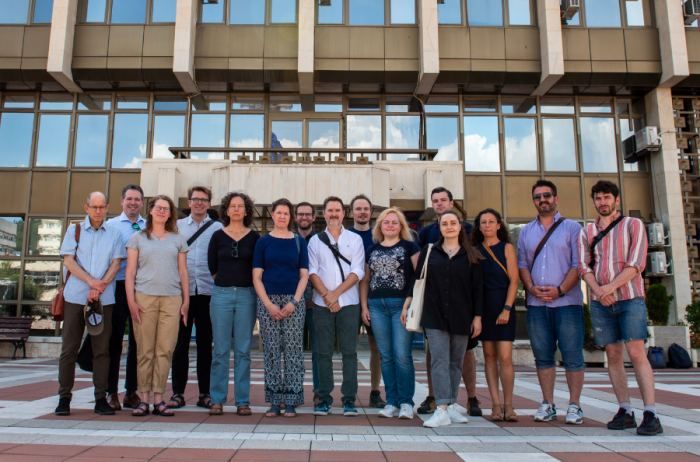
From June 13-29, 2024, ACLS and the Centre for Advanced Study Sofia (CAS) hosted scholars for the second Summer Institute for the Study of East Central and Southeastern Europe (SISECSE) at the American University in Bulgaria (AUBG) in Blagoevgrad, Bulgaria. This three-year initiative is made possible by generous support from Carl and Betty Pforzheimer.
The two-week residency convened 15 scholars from Eastern Europe and North America, offering them dedicated time for research and writing in a collaborative and interdisciplinary setting. Participants represented a diverse range of disciplines, fields, and institutions, working on topics from gas pipelines in the Balkans to transgender narratives in Byzantine art and writing.
“The most important opportunity that was realized during the Summer Institute was the communication with researchers from America and Europe,” Olena Uvarova G’24, Associate Professor of Social Sciences at Odesa National Medical University. “The exchange of ideas and discussion of projects motivated me to intensify work on my research topic. I got acquainted with the research of my colleagues, among which there were those close to my subject in the study of the 18th and 19th centuries.”
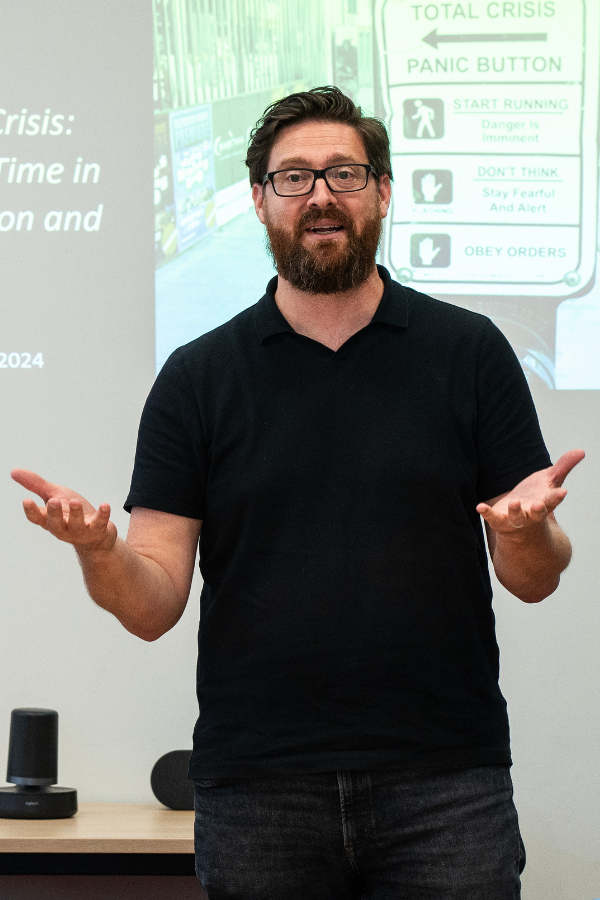
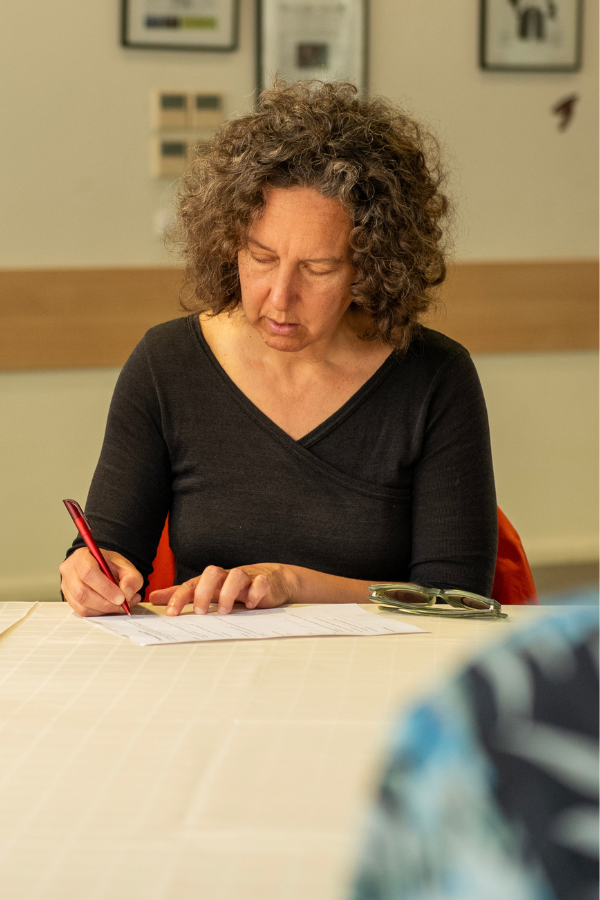
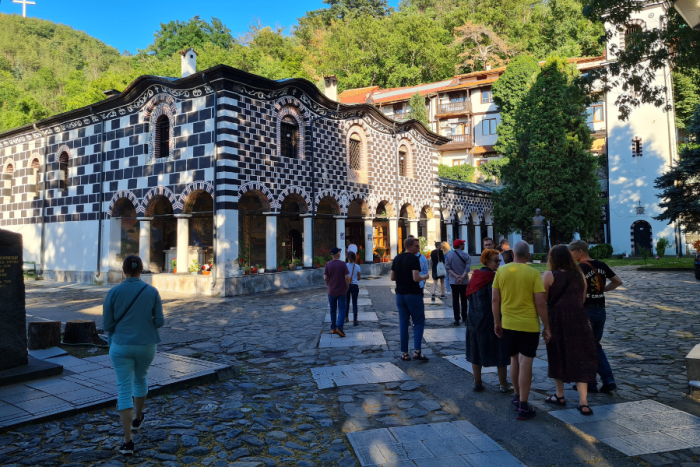
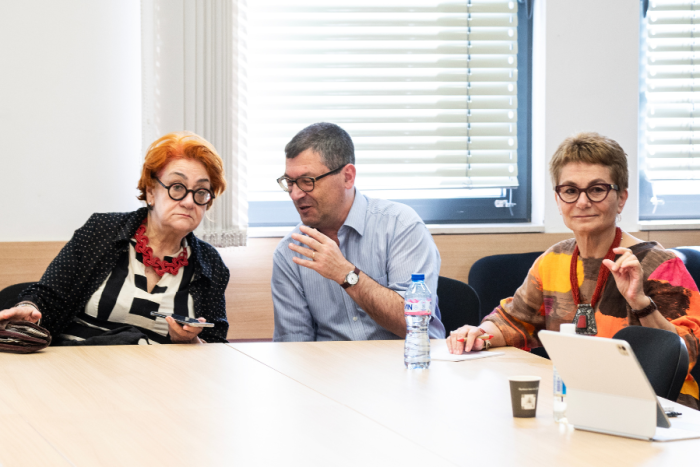
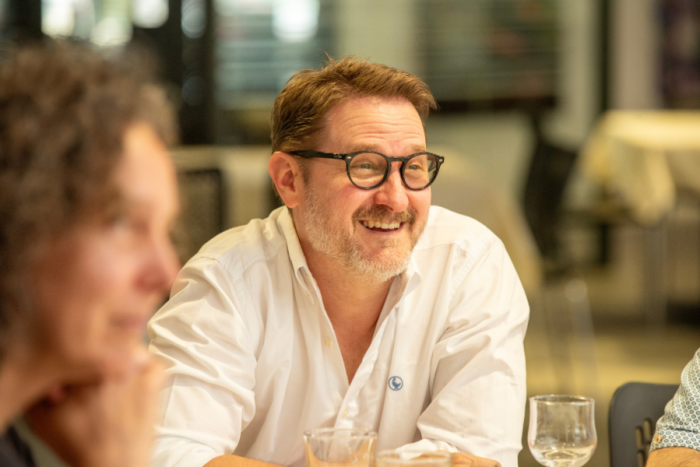
In addition to their research, the scholars had the opportunity to present their projects for discussion and meet regularly for conversation over lunch and dinner. The theme of the institute this year was, “Thinking Urgently: The Humanities and Interpretive Social Sciences in a Time of Emergency,” which was explored in the guest lecture from Helge Jordheim, Professor of Cultural History and Museology at the University of Oslo. His talk, “Uses and Abuses of Crisis: History, Politics and Time in Moments of Disruption and Emergency,” addressed how “crisis” has replaced concepts like “progress” and “development”, as well as some of the theoretical and methodological resources that the humanities and social sciences have developed to understand a world made up of disruptive and urgent moments.
“Returning from the Summer Institute this year, scholars felt energized and productive.” said Deena Ragavan, ACLS Director of International Programs. “We are already seeing new connections and networks that will last long after these two short weeks in Blagoevgrad and will strengthen ties between American and Eastern European scholars.”
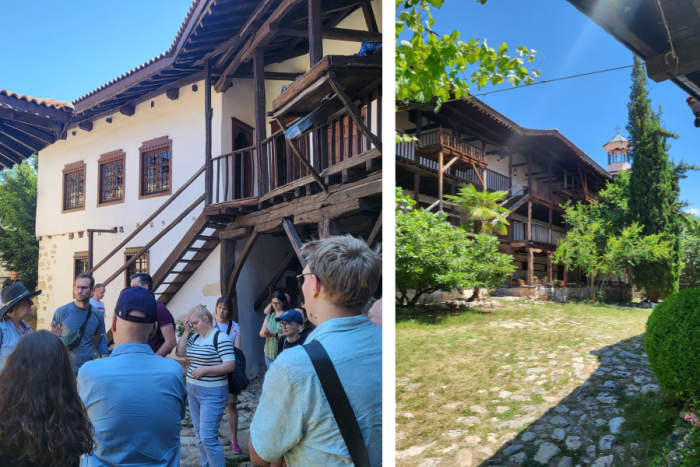
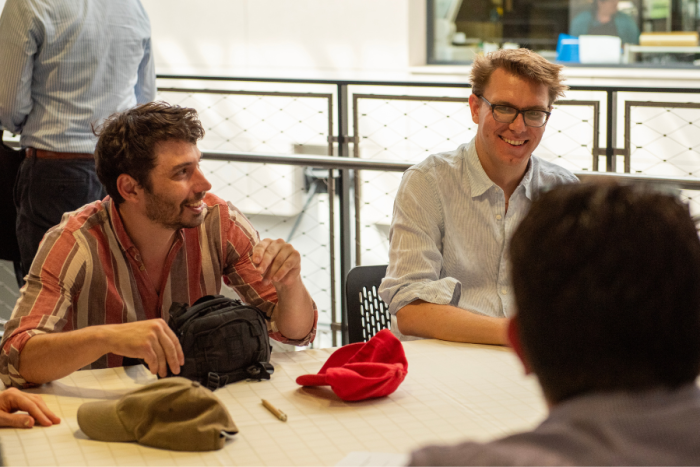
The Summer Institute for Scholars of East Central and Southeastern Europe also offered participants the chance to spend time in Sofia, as well as visit the local area through two day trips, including a visit to the town of Melnik and nearby Rozhen Monastery in the Pirin mountains.
“The opportunity to exchange ideas with a group of scholars who are experts of, and passionate about, this region of studies felt great and was especially valuable for me, since my university is relatively isolated geographically,” said Leontina M. Hormel G’24, Professor of Sociology at the University of Idaho. “I walked away feeling more connected to a network of exceptional scholars, while also having time to conceptually complicate how I approach my project. I also found Bulgaria a great place to land, specifically as I try to work around my inability to conduct fieldwork in Ukraine.”
Applications are now open for the 2025 Summer Institute for Scholars of East Central and Southeastern Europe, with applications due October 30, 2024 at 9:00 PM EDT.

